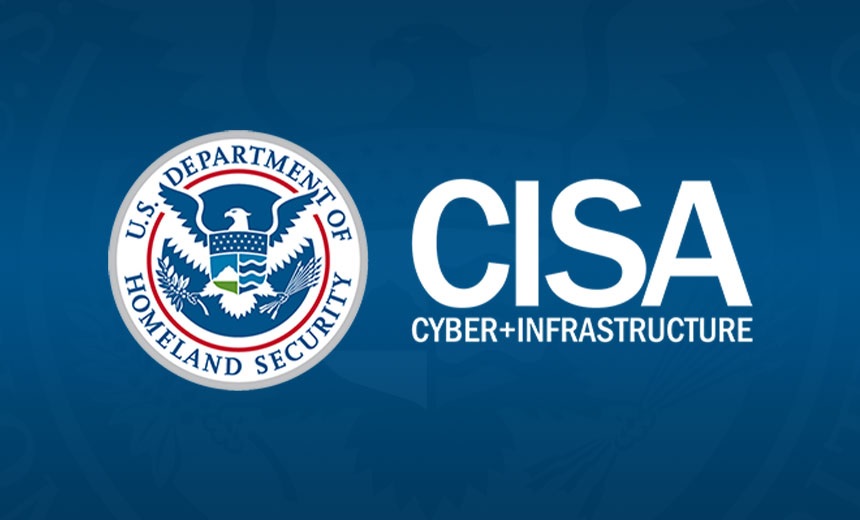Critical Infrastructure Security,
Government,
Industry Specific
US Cyber Defense Agency Faces Crisis Amid Shutdown and Resource Shortfalls

The U.S. Cybersecurity and Infrastructure Security Agency (CISA) is currently grappling with significant challenges that threaten its operational capabilities. Political pressures, notably exacerbated by ongoing tensions with the White House, have prompted a mass exodus of experienced personnel, leading to operational shutdowns and increasing uncertainty among state partners seeking guidance and support.
Insiders at CISA have conveyed that the agency’s capacity to fulfill its core mission has been critically undermined, particularly during the tumultuous first nine months of the Trump administration. The combination of a government shutdown and anticipated staff reductions has intensified already precarious conditions. Reports indicate that only about 35% of CISA’s workforce from earlier this year remains, with many reassigned to non-cybersecurity roles within the Department of Homeland Security (DHS), such as immigration-related duties.
“Losing capacity is one issue, but losing capability is another—and that’s the risk we now face,” commented Nitin Natarajan, a former deputy director of CISA. “Once skilled personnel depart, the operational capabilities that took years to establish become exceedingly difficult to rebuild.”
Before the current challenges, CISA boasted a workforce exceeding 3,300 employees. Established in 2018, the agency was designed to safeguard federal networks and bolster critical infrastructure against cyber threats. However, it has become a focal point for political criticism due to its previous director’s declaration that the 2020 election was “the most secure in American history,” a stark contrast to unfounded claims of fraud by the Trump administration.
Right-wing narratives have intensified accusations of CISA engaging in social media censorship against conservative viewpoints, a perception that gained traction following Republican reinforcements in Congress. Internal reports indicate that nearly 1,000 employees have departed under Trump’s administration, with many exploring opportunities in private firms that can offer greater stability and compensation.
The current government shutdown has exacerbated CISA’s operational challenges, effectively halting essential programs and freezing policy engagement between federal and state cybersecurity offices. This situation coincides with the expiration of the Cybersecurity Information Sharing Act of 2015 and funding reductions for state cybersecurity initiatives, worsening the operational collapse at CISA, according to cybersecurity experts.
As federal negotiations remain stalled, the burden is shifting to state and local agencies, which are increasingly turning to information-sharing and analysis centers, as well as private firms, to address emerging threats. State cybersecurity officers are reportedly expanding vendor contracts to compensate for the void left by CISA’s diminished capabilities.
DHS Assistant Secretary Tricia McLaughlin countered claims of CISA’s deficiencies and asserted that personnel alignment is a routine practice to maintain mission effectiveness. However, the ongoing realignment raises pressing questions about the agency’s future effectiveness in addressing cybersecurity challenges, particularly as operational paralysis continues.
As lawmakers seek solutions to bolster national cybersecurity, including efforts to reauthorize the Cybersecurity Information Sharing Act, there are growing concerns regarding CISA’s ability to recover from the turmoil it faces. Former officials and staff warn that without significant changes and support, the agency may struggle to retain its critical role in safeguarding the nation’s cybersecurity landscape.